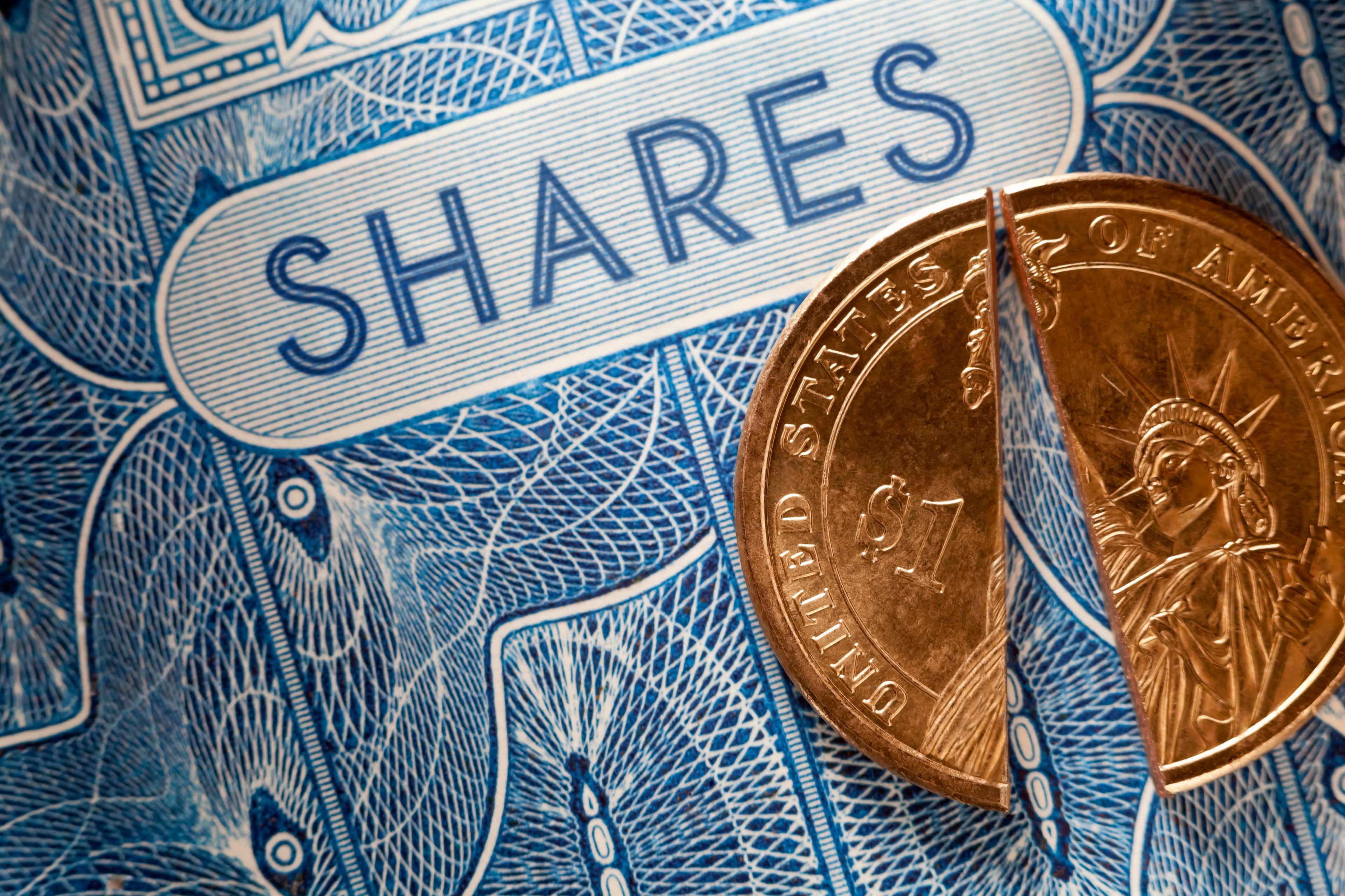
Image source: Facebook.
Among other challenges Facebook (FB 0.74%) faced last year, particularly in the final months, the social network conceded that some of its analytics and engagement metrics had been miscalculated. The company owned up to these errors no less than three times in 2016 -- in September, November, and December.
These metrics are absolutely critical to advertisers, who operate their own businesses and make ad spending decisions based on how well ads perform across platforms, including social media. We're talking about a wide range of metrics that measure everything from time spent in Instant Articles, to app or site referrals, to video completions, to organic reach, among many others. As you might expect, the admissions don't instill a lot of confidence in advertisers looking to spend ad dollars with Facebook.
Get a second opinion
Facebook has said it will invest more heavily in additional third-party verifications (working with prominent analytics and measurement companies like comScore and Nielsen, among others) in an effort to validate the metrics that it provides to advertiser partners. But that isn't stopping advertisers from taking matters into their own hands.
Advertiser Perceptions released the results of a survey earlier this week that suggests 40% of advertisers are planning on conducting independent audits of Facebook's metrics around audience reach and ad delivery, according to Ad Age. It's possible that not all of these advertisers will actually perform the audits, but such a high level of distrust is disconcerting. Advertiser Perceptions Chief Strategy Officer Kevin Mannion told Ad Age that ad platforms need to get ahead of these issues and rebuild trust with advertisers, and the most effective way to do that is to expand third-party verifications.
To the point, half of advertisers are averse to buying ads on platforms that are deemed risky, like social media. Confidence in social media advertising is well below 50%, while there's much more confidence in the more mature area of search advertising, which is naturally dominated by Alphabet (GOOG 4.04%) (GOOGL 4.39%). There's also a disconnect with where advertisers plan on increasing their spending this year; just 8% plan on spending more on Facebook's platform while maintaining the same budget with Google, while 36% are planning to spend more on Google's platform and leaving Facebook spending unchanged.
This all comes as investors fret over whether or not Facebook can hit consensus estimates for 2017, which call for roughly 35% revenue growth. The company does have many levers it can pull to grow the top line -- like ad price increases or increased engagement -- and in November the company said it ad load would be less of a contributing factor than in prior years. But it's pretty hard to increase prices if advertiser confidence is low, and investing more in third-party verifications could dent profits. Facebook has little choice, though; it needs to reinstill its customers' confidence.








